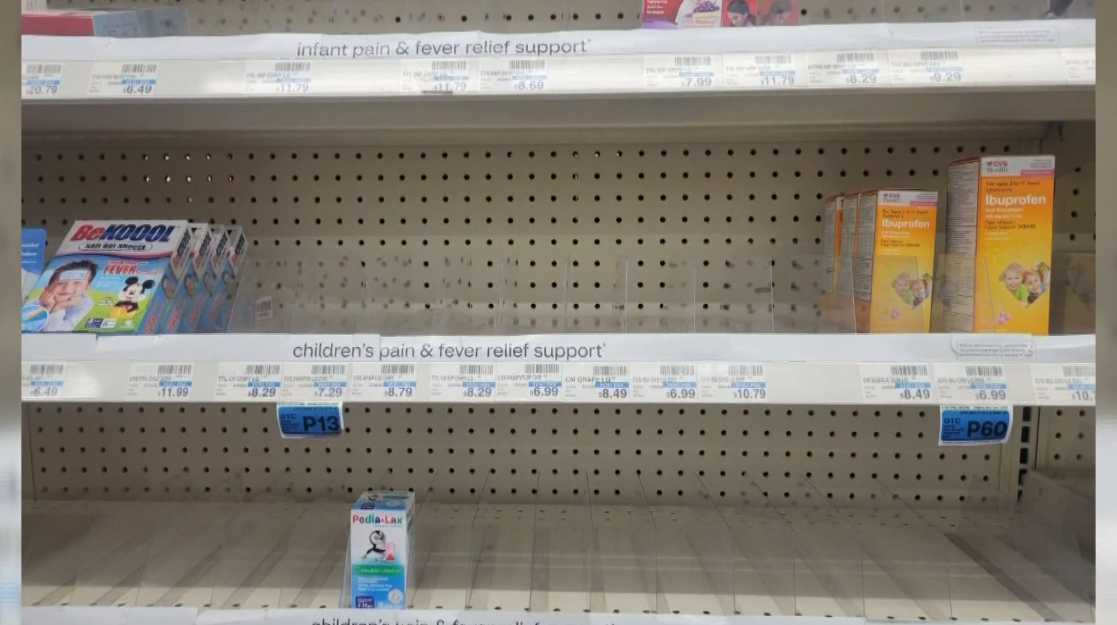Consumer Alert: How to tell if a business is price gouging
[anvplayer video=”5165620″ station=”998131″]
ROCHESTER, N.Y. – Our consumer alert is all about price gouging. We get calls from viewers all the time complaining about what they believe is price gouging. The challenge is trying to determine whether the higher price is really illegal. And the wording of New York’s price gouging law is far too vague.
The law makes it illegal for companies to unfairly raise prices during an emergency. It says if there is a “gross disparity” in the price before the emergency and after the emergency, it’s price gouging. Well who determines what is and is not a gross disparity?
There are times when it’s easy to tell. These are some examples of gouging in New York City during the pandemic. A box of ten masks that sells right now at Walmart for $7.99 was selling for as high as $199.99. And 320 disinfecting wipes that are selling for $20 right now at Walmart were going for as high as $220. These and many more examples were documented by New York City’s public affairs advocate. But what if these wipes that sell for $20 were selling for $25 during the pandemic? is that gouging?
According to the new rules spelled out by the New York Attorney General, the answer is yes. The first rule is any price increase more than 10% during an emergency or market disruption could constitute price gouging. If a company raises a price more than 10%, it has to show a record of costs that justifies the increase. The same rule applies to products created during an emergency, like COVID tests. And companies with 30% or more of the market share are also subject to the same rules. For example, a giant like Tyson foods can’t increase the cost of chicken to take advantage of some huge market disruption with beef.
Listen, I get it. When we experience inflation like we’re seeing now, it certainly feels like price gouging. But now we have hard and fast rules to help us all determine if the law considers it gouging. Click here to report suspected price gouging to the Attorney General’s Office.
